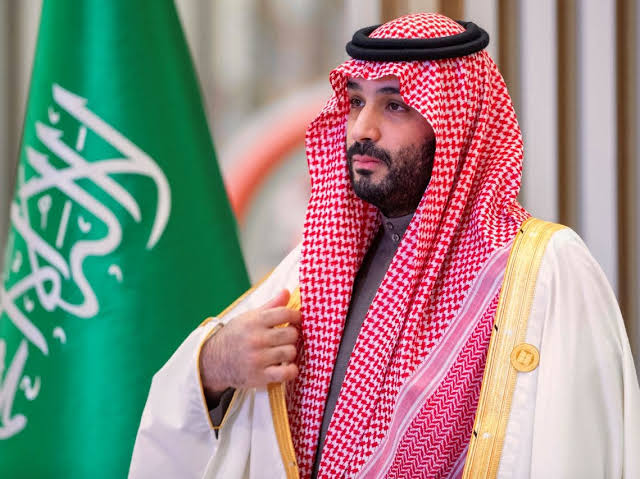I still remember the first time I encountered the phrase Vision 2030. It seemed almost too ambitious, like a grand slogan born from a distant conference room, far removed from the reality where progress often feels slow and tradition runs deep.
As the years passed, and I watched Saudi Arabia’s transformation from afar — through articles, stories, and emerging faces — I came to realize that Vision 2030 was not just a dream. It was a call to rebuild a nation from the inside out, led by a man both praised and criticized across the globe: Crown Prince Mohammed bin Salman, or MBS.
There’s something profoundly human about a young leader who, instead of retreating into comfort, looks at centuries of history and dares to say, “We must change.” MBS didn’t inherit a blank slate; he inherited a system rooted in tribal loyalties, religious conservatism, and the golden handcuffs of oil wealth. Yet, rather than choosing stability, he chose disruption. He chose boldness, sometimes recklessly, sometimes with painful consequences — but always with an unwavering eye on a different future.
Vision 2030 speaks to me, not just because of its ambitious economic goals — diversifying the economy, empowering women, opening entertainment and tourism — but because it taps into something deeper: the hunger of a young generation. Saudi Arabia’s youth, who make up the majority of the population, are ambitious, impatient, and wired into the world. MBS, regardless of how one views his methods, understands the ticking clock.
Of course, real change is never as polished as announcement videos or grand summits. It’s messy and contradictory. There are stories of grand concerts and cinemas opening, but also crackdowns and arrests, reminding us how thin the line is between reform and control. Leadership is complicated, and when you try to move a culture at high speed, friction is inevitable. The question isn’t whether mistakes will happen — they will — but whether the vision driving the change is bigger than personal ego.
In MBS, I see a portrait of ambition rarely seen in modern Arab leadership. He is not simply holding on to power for power’s sake. He is trying — sometimes clumsily, sometimes forcefully — to craft a Saudi Arabia that can stand tall in the next century, independent of oil wealth or foreign protection.
The burden of such ambition is heavy. When you place yourself at the center of a nation’s transformation, history will not be kind. Success will be hailed as inevitable, and failure blamed entirely on you.
Vision 2030 is not just about megaprojects like NEOM, privatization, or social liberalization. It’s about identity. It’s about asking: Who are we now? And who do we want to be? It’s a rare, dangerous, beautiful thing when a nation is invited to reinvent itself.
I don’t see MBS as a flawless hero, nor as a villain in a simple black-and-white story. I see him as a man at the crossroads of history, holding a torch that could either light the way or burn the path behind him. Vision 2030 may ultimately be bigger than the man who dared to propose it — and perhaps that’s how it should be.
Because real vision, like real leadership, is not just about monuments or markets. It’s about planting seeds for trees whose shade you may never sit under.
And whether the world watches in awe or suspicion, one thing is certain: The story of the new Arabia is being written now, and it will bear the unmistakable fingerprints of Mohammed bin Salman.


